We are living in a civilisational moment. Our way of life, of freedom and prosperity, is facing serious challenges from within and without. The threat from the regimes that loathe the “decadent West” is
obvious and powerful, but it could well be argued that our internal crisis of self-belief and confidence in our democratic traditions is the greatest danger we face.
Having forgotten and even rejected the lessons of our own history, we are increasingly distrustful not only of one another – and our leaders in particular – but also of the institutions that have undergirded our freedom and prosperity. Most frighteningly, we are casting aside the underlying beliefs and values that have given rise to our society.
Every civilisation throughout history has been driven by powerful ideas and fuelled by an ongoing sense of purpose. Ours is no different. When this fuel runs low, one of three things must happen. The fuel is renewed, an alternative fuel is found, or, as history too often shows us, the civilisation fades away and is supplanted – usually after great suffering by the citizenry.
The West is now clearly turning away from the sources of energy which built and sustained it. The rejection of virtually every tenet of Christianity has not led to its replacement by viable alternative narratives. Deconstructionist theories abound, but far from building societies seem only to pull them down in the pursuit of utopian visions.
It is unsurprising that our young people are blighted by unprecedented levels of anxiety and depression. They increasingly do not believe in the ability of democratic capitalism to deliver for them, and see themselves as the inheritors of a nightmarish culture which is not worth defending. In this, they mirror a broader society which is becoming divided, polarised, and distrustful to the point where serious observers ask whether we might become ungovernable.
We have witnessed the displacement of the role of ordinary citizens in favour of “expertocracy”, where democracy itself is seen as an obstacle to progress by those who would direct society from the top down. Public trust in elected representatives is waning as the loud claims of experts and bureaucrats seek to hold the centre, offering one-size-fits-all solutions over relationship-based governance within communities.
Open and fruitful dialogue is being stifled under the immense pressure to boycott and cancel, to see your fellow man not as your neighbour but as a potential enemy belonging to the wrong tribe. Social media increasingly rewards shorter attention spans and provocative content, while enabling the worst forms of anonymous cruelty.
This is greatly intensified by corporations hitching their wagons to divisive causes. We are now in a self perpetuating spiral as they pour billions of dollars into social activism to defend their profit margins. This presents deeply challenging conditions for civil discourse as more and more topics cannot be properly discussed in public.
Unless we find a way to take people with us, casting a clear vision based on proven wisdom, we will continue to experience breakdown in families, domestic institutions and the international landscape. In these circumstances we must reinvigorate our sense of citizenship and encourage one another to step up and lead with courage and a deep commitment to others, wherever and whenever the need arises.
We must turn our creative gifts to do what we can do to restore secure bonds within our societies, to return to the honest truth that without a healthy attitude to civic duty, we simply will not save what we have built and enjoyed for centuries. We must redouble our commitment to our foundational freedoms, the importance of the family and civil society, the scientific method, equitable market-based economies, the free exchange of ideas, realist geostrategy and a shared concern for those in need.
The ARC network that I am a part of will seek to address these goals and more. United the West may yet stand, but divided we will surely fall.
The Hon John Anderson AC FTSE was Deputy Prime Minister of Australia from 1999–2005. He is on the Organising Committee of the Alliance for Responsible Citizenship.
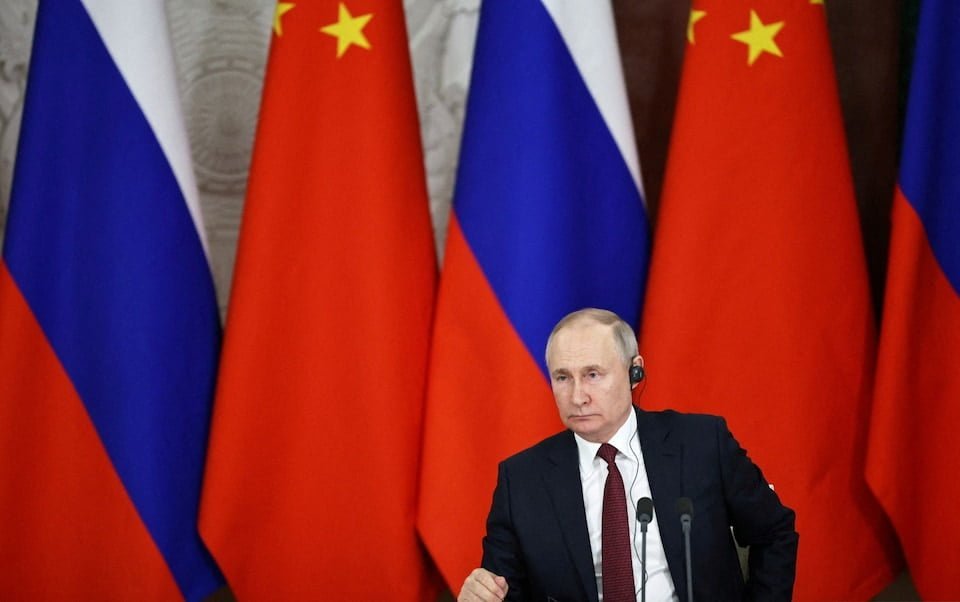
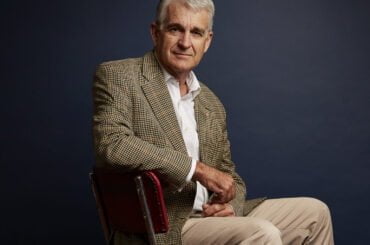


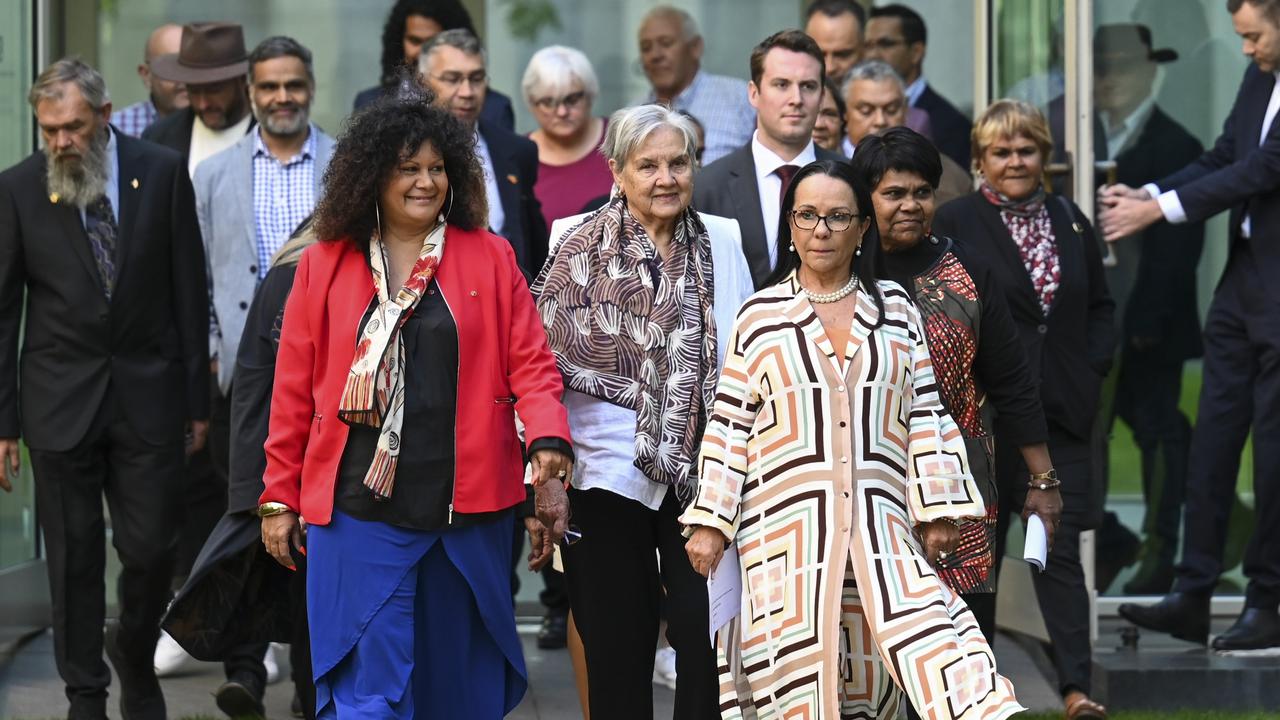
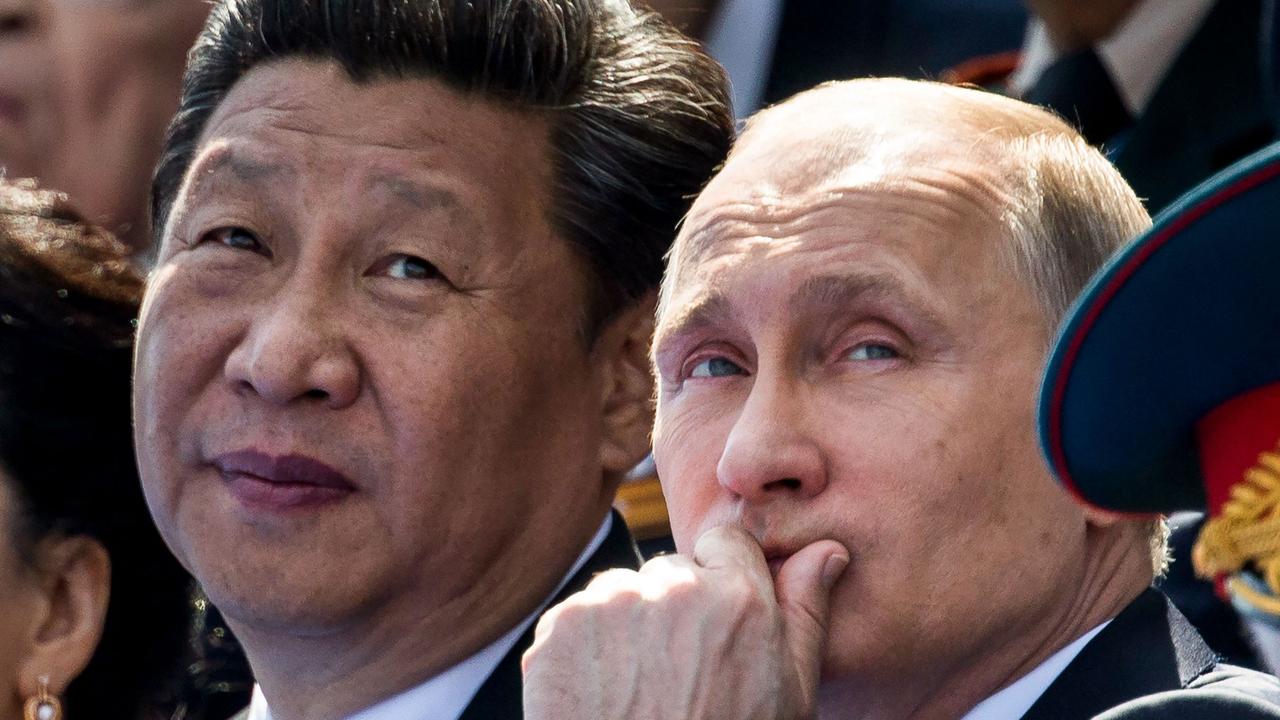
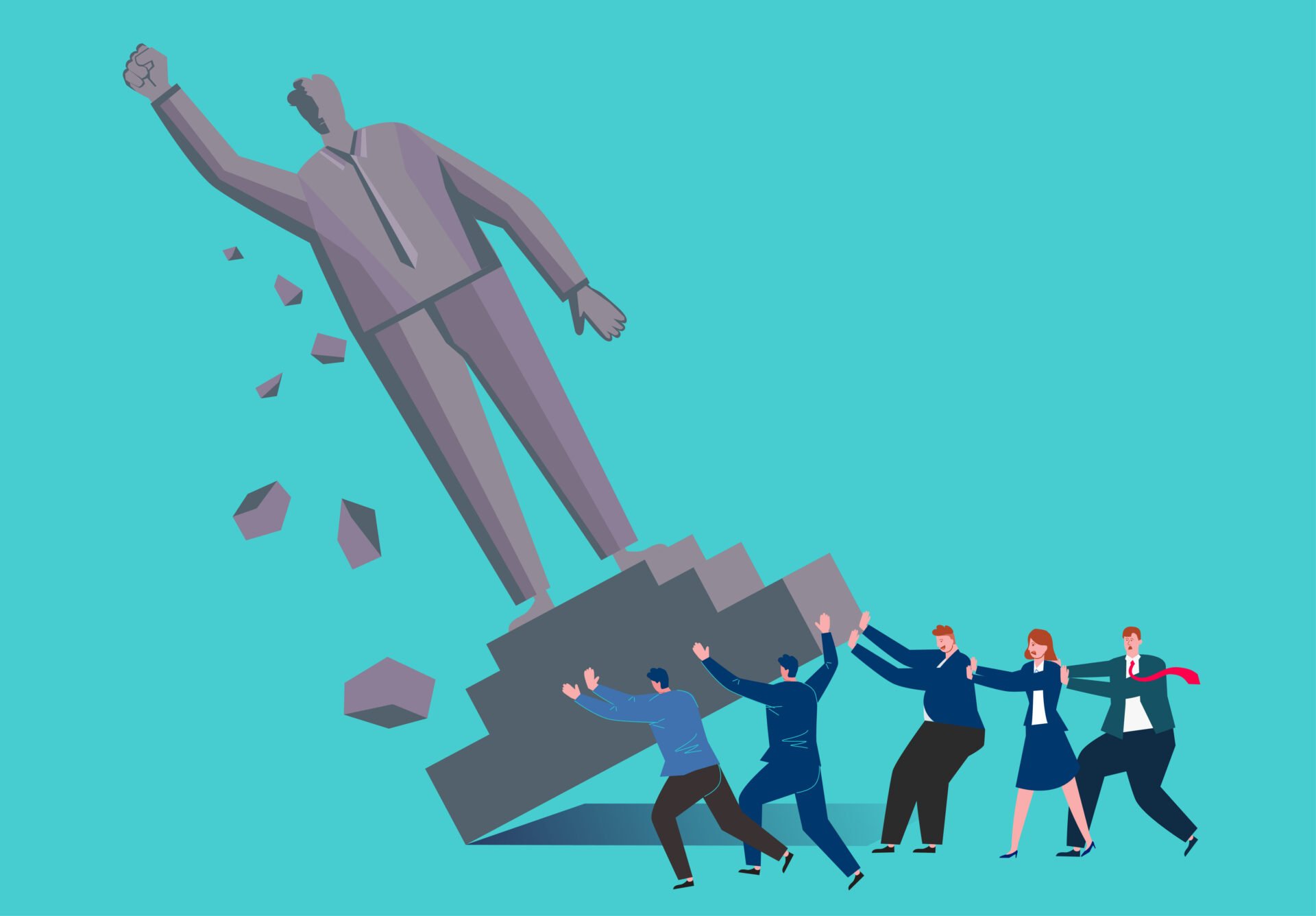
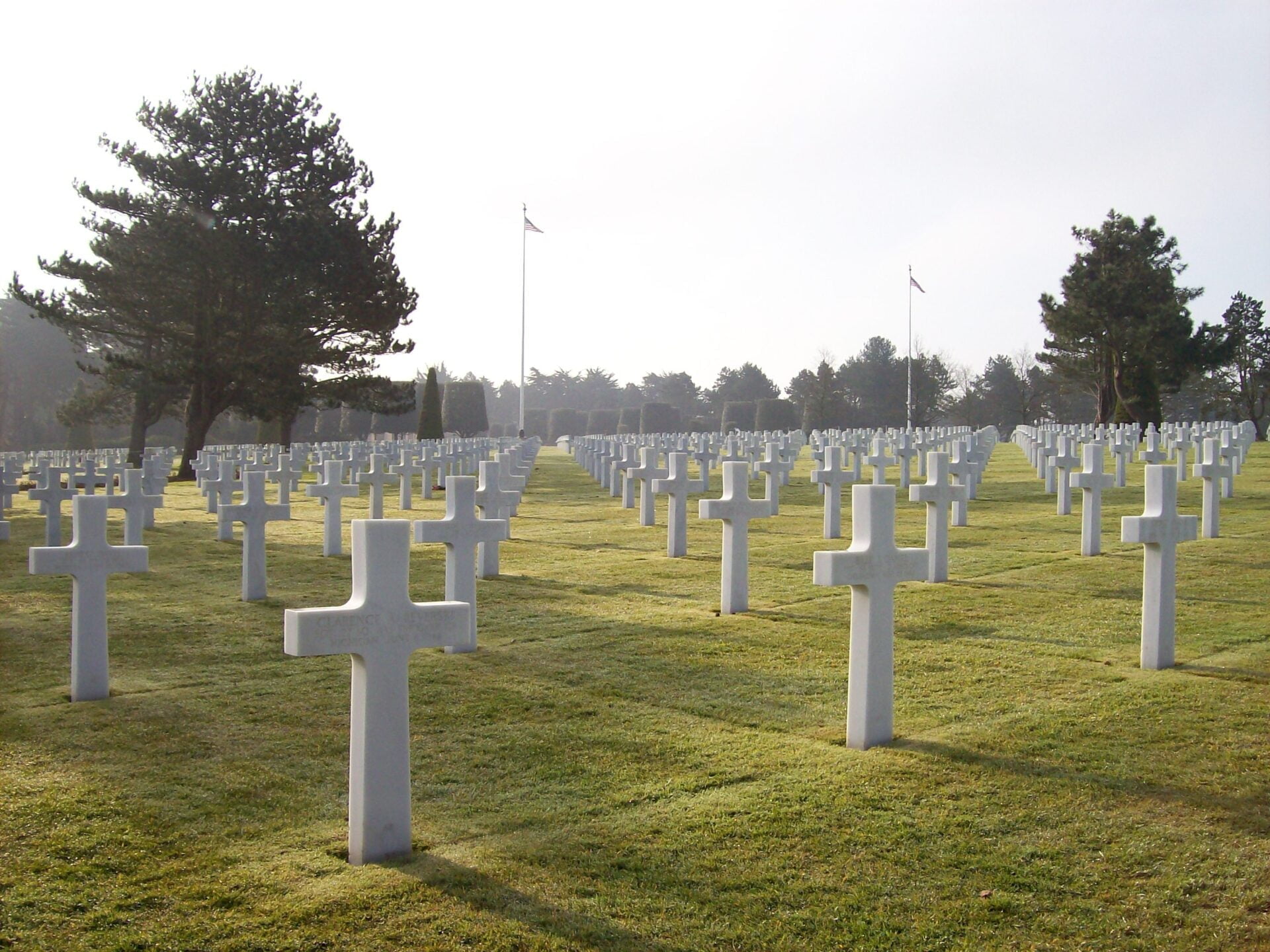
Having forgotten and even rejected the lessons of our own history, we are increasingly distrustful not only of one another – and our leaders in particular – but also of the institutions that have undergirded our freedom and prosperity. Most frighteningly, we are casting aside the underlying beliefs and values that have given rise to our society.
Every civilisation throughout history has been driven by powerful ideas and fuelled by an ongoing sense of purpose. Ours is no different. When this fuel runs low, one of three things must happen. The fuel is renewed, an alternative fuel is found, or, as history too often shows us, the civilisation fades away and is supplanted – usually after great suffering by the citizenry.
The West is now clearly turning away from the sources of energy which built and sustained it. The rejection of virtually every tenet of Christianity has not led to its replacement by viable alternative narratives. Deconstructionist theories abound, but far from building societies seem only to pull them down in the pursuit of utopian visions.
It is unsurprising that our young people are blighted by unprecedented levels of anxiety and depression. They increasingly do not believe in the ability of democratic capitalism to deliver for them, and see themselves as the inheritors of a nightmarish culture which is not worth defending. In this, they mirror a broader society which is becoming divided, polarised, and distrustful to the point where serious observers ask whether we might become ungovernable.
We have witnessed the displacement of the role of ordinary citizens in favour of “expertocracy”, where democracy itself is seen as an obstacle to progress by those who would direct society from the top down. Public trust in elected representatives is waning as the loud claims of experts and bureaucrats seek to hold the centre, offering one-size-fits-all solutions over relationship-based governance within communities.
Open and fruitful dialogue is being stifled under the immense pressure to boycott and cancel, to see your fellow man not as your neighbour but as a potential enemy belonging to the wrong tribe. Social media increasingly rewards shorter attention spans and provocative content, while enabling the worst forms of anonymous cruelty.
This is greatly intensified by corporations hitching their wagons to divisive causes. We are now in a self perpetuating spiral as they pour billions of dollars into social activism to defend their profit margins. This presents deeply challenging conditions for civil discourse as more and more topics cannot be properly discussed in public.
Unless we find a way to take people with us, casting a clear vision based on proven wisdom, we will continue to experience breakdown in families, domestic institutions and the international landscape. In these circumstances we must reinvigorate our sense of citizenship and encourage one another to step up and lead with courage and a deep commitment to others, wherever and whenever the need arises.
We must turn our creative gifts to do what we can do to restore secure bonds within our societies, to return to the honest truth that without a healthy attitude to civic duty, we simply will not save what we have built and enjoyed for centuries. We must redouble our commitment to our foundational freedoms, the importance of the family and civil society, the scientific method, equitable market-based economies, the free exchange of ideas, realist geostrategy and a shared concern for those in need.
The ARC network that I am a part of will seek to address these goals and more. United the West may yet stand, but divided we will surely fall.
The Hon John Anderson AC FTSE was Deputy Prime Minister of Australia from 1999–2005. He is on the Organising Committee of the Alliance for Responsible Citizenship.